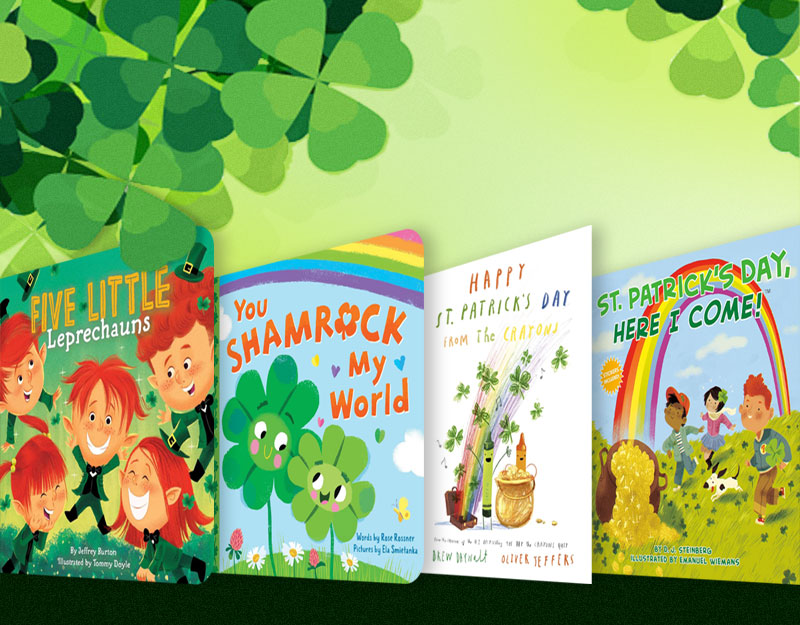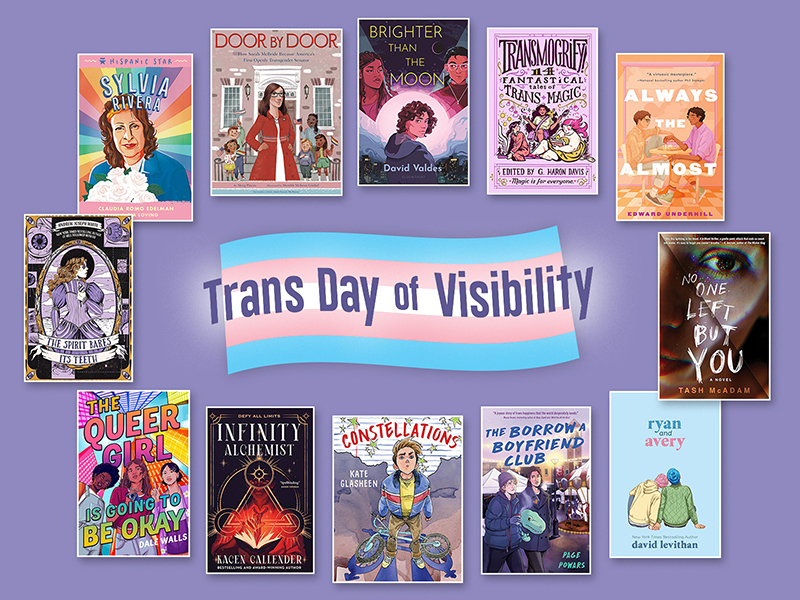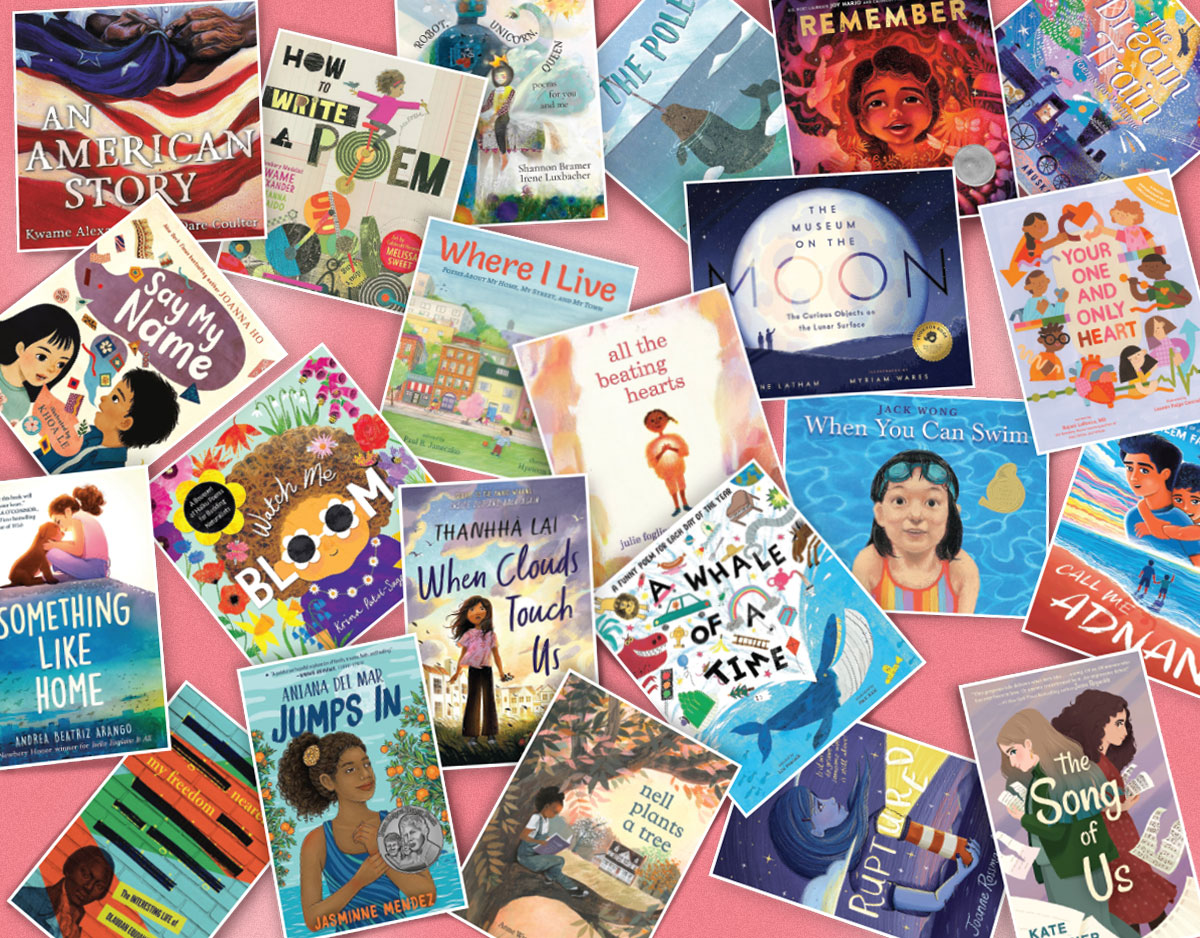Review of the Day: Flora and Ulysses by Kate DiCamillo
 Flora and Ulysses
Flora and Ulysses
By Kate DiCamillo
Illustrated by K.G. Campbell
Candlewick Press
ISBN: 978-0-7636-6742-5
$17.99
Ages 9-12
On shelves September 24th
I like a bit of subtlety with my “meaning”. What I mean by that is that when I pick up a book for kids, it’s tough on me, as a reader, to go through something saturated and imbued with the weight and splendor of meaning on every page. It bogs me down. And, to be frank, this is what makes it so hard for kids to read some of those old classics like Paula Fox’s The Slave Dancer or Johnny Tremain. Meaning, for me, should be a slight subtle thing that is all the more powerful when it comes seemingly out of nowhere. Now if I have learned anything over the years, it’s that DiCamillo has no difficulty retaining child readers. Her fans are legion. And what has always been the most difficult for me about her books is how remarkably meaningful they are (though clearly kids have no difficulty cutting through it like a hot knife through butter). I’ve always much preferred her lighter fare, like the Mercy Watson series or the remarkable Bink & Gollie books. Those titles were for younger readers, of course, so maybe it’s just that I have the retention of an eight-year-old child. But then we come to the lovely Flora and Ulysses. It’s written for the 9-12 year-olds of the world but is much sillier and sweeter than much of what she’s done before. Helped in no small part by K.C. Campbell’s perfectly placed illustrations, Flora and Ulysses does precisely what I always want in a book. It lures you in with the ridiculous and then when you least expect it gets you in the gut with a bolt of pure, uncut, unadulterated meaning. Rare fare.
It all began with a vacuum cleaner. Not just any vacuum cleaner, mind you, but a Ulysses Super-Suction, Multi-Terrain 2000X. One minute Mrs. Tickham is being dragged through her yard by a piece of cleaning equipment that clearly has a mind of its own, and the next she’s vacuumed up a live squirrel. Flora, child cynic and lover of all this comic book related, witnesses the event and when she runs to the squirrel finds that not only is it all right, it is imbued with superpowers. The squirrel, now dubbed Ulysses, is truly an extraordinary creature. It can leap tall buildings with a single bound (and fly!). It has super strength. And best of all, it can write poetry. Flora is convinced that Ulysses is a superhero, and it’s up to her to help him fulfill his destiny and protect him from his nemesis. Trouble is, how do you tell who a true nemesis is? And what if it turns out to be someone close to home?
ADVERTISEMENT
ADVERTISEMENT
 So the writing is what floats or sinks any children’s book. With that in mind, it was interesting to me to see where this particular book fell on the writing spectrum. To my mind, there is a fine line between the charming and the precious/precocious. There is a whole genre of preternaturally intelligent children in children’s literature (E.L. Konigsburg typified the genre). The trick is figuring out how to balance intelligence with precociousness while remaining something a child would actually want to read. In this book DiCamillo straddles this line with the dexterity of a showman. Her characters may use words like “malfeasance”, “unremitting”, and “capacious” but you don’t resent them for it. Then there are the moments where the words ask more of the reader than your standard middle grade fare. Sentences like, “What good does it do you to read the words of a lie?” Add in the first mention of Rilke I’ve ever seen in a children’s book and you could, potentially, have something intolerable. Instead, the book ends up mighty fine. On beyond merely, tolerable. It’s a delight.
So the writing is what floats or sinks any children’s book. With that in mind, it was interesting to me to see where this particular book fell on the writing spectrum. To my mind, there is a fine line between the charming and the precious/precocious. There is a whole genre of preternaturally intelligent children in children’s literature (E.L. Konigsburg typified the genre). The trick is figuring out how to balance intelligence with precociousness while remaining something a child would actually want to read. In this book DiCamillo straddles this line with the dexterity of a showman. Her characters may use words like “malfeasance”, “unremitting”, and “capacious” but you don’t resent them for it. Then there are the moments where the words ask more of the reader than your standard middle grade fare. Sentences like, “What good does it do you to read the words of a lie?” Add in the first mention of Rilke I’ve ever seen in a children’s book and you could, potentially, have something intolerable. Instead, the book ends up mighty fine. On beyond merely, tolerable. It’s a delight.
Much of this has to do with the wordplay, of course. Individual sentences can be remarkably funny. Example: “George… we have a problem. Your daughter has become emotionally attached to a diseased squirrel.” Later: “… the torturing of dogs was the one reliable pleasure of a squirrel’s existence.” Full credit must be paid to any book that is actually funny. This book is, and that can be a rare thing in a given year. DiCamillo also appears to be aware of the fact that if you add the word “squirrel” to any sentence, it is instantly funnier. Substitute any other animal (even “dodo”) and the humor is gone. Maybe this is because squirrels are simultaneously ubiquitous and forgotten.
One way of looking at this book is to consider it a paean to comic book lovers everywhere. You wonder then if, at first, DiCamillo felt any inclination to go whole hog and to turn the whole book into a comic. For all that I will defend them unto the high hills, there is something limiting to the form if you’re coming at them from a novelist perspective. I think it was Scott McCloud in Understanding Comics who put it best when he pointed out (and here I’m paraphrasing heavily) that while we consider great literature high art and we consider visual art high art, for some reason putting the two together creates something supposedly lesser. Comics are their own unique beastie, and anytime you meld image with text you are creating a new style of visual learning. As it currently stands, Flora and Ulysses is a creature that would have had more difficulty seeing the light of day in anything but the 21st century. Only in this new publishing era where the stigma of comics has abated if not disappeared altogether
 Is it an insult to Mr. Campbell to call him Sophie Blackall-esque? Dunno. I’m not sure what the ethics are in such a case. Whatever he is, Mr. Campbell is a true find. It’s a risk to begin any DiCamillo novel with such a heavy concentration on a book’s art. Yet Campbell is up to the challenge. His Flora is nicely cynical. His Ulysses is absolutely adorable, in spite of his mostly bald state. The comic panels contain the book’s most ridiculous moments while safely couched in a superhero format familiar to so many. Altogether, his contributions make the book more accessible and adorable than it has any right to be.
Is it an insult to Mr. Campbell to call him Sophie Blackall-esque? Dunno. I’m not sure what the ethics are in such a case. Whatever he is, Mr. Campbell is a true find. It’s a risk to begin any DiCamillo novel with such a heavy concentration on a book’s art. Yet Campbell is up to the challenge. His Flora is nicely cynical. His Ulysses is absolutely adorable, in spite of his mostly bald state. The comic panels contain the book’s most ridiculous moments while safely couched in a superhero format familiar to so many. Altogether, his contributions make the book more accessible and adorable than it has any right to be.
Separately, DiCamillo and Campbell have created strong works of literature. Together? There’s something undeniably sweet (and not in a saccharine way) at the core. In a way, it all comes down to Ulysses. I can say with certainty that though pigeons have their children’s book mascot in Mo Willems’s ubiquitous character, there has never been a proper squirrel spokescritter. Scaredy Squirrel comes the closest but even he turns out to be a flying squirrel and not your common everyday park denizen. Ulysses may fly but that’s just part of his superhero physique. What both DiCamillo and Campbell have accomplished is an ability to turn your average squirrel’s desires (which, to be frank, are mostly food-based) into something loftier and more touching. Ulysses may crave giant sprinkles, but he also craves poetry and wordplay and affection. If you’ve never wanted to hug a squirrel before, consider those days long gone.
Oh, there will be those that don’t love this book as I do. Who yearn for the deep underlying context of a Tulane or a Despereaux. To them I offer a respectful and heartfelt “Phhhhhhttttttt”. You can have your weighty subject matter all you like. Me? I like a little silliness with my fictional fare. I like my superpowered squirrels and giant donuts and interstitial comic book moments. And I like those moments when depressed dads find happiness and little bald squirrels burrow themselves into the arms of the girls that love them dearly. That, to me, is worth reading. To me, it’s exceptional stuff.
On shelves September 24th.
Source: Galley sent from publisher for review.
Like This? Then Try:
- Sidekicks by Dan Santat
- Mr. and Mrs. Bunny by Polly Horvath, ill. Sophie Blackall
- Donuthead by Sue Stauffacher
- Umbrella Summer by Lisa Graff
Filed under: Best Books, Best Books of 2013, Reviews, Reviews 2013
About Betsy Bird
Betsy Bird is currently the Collection Development Manager of the Evanston Public Library system and a former Materials Specialist for New York Public Library. She has served on Newbery, written for Horn Book, and has done other lovely little things that she'd love to tell you about but that she's sure you'd find more interesting to hear of in person. Her opinions are her own and do not reflect those of EPL, SLJ, or any of the other acronyms you might be able to name. Follow her on Twitter: @fuseeight.
ADVERTISEMENT
ADVERTISEMENT
SLJ Blog Network
The Moral Dilemma of THE MONSTER AT THE END OF THIS BOOK
K is in Trouble | Review
Parsing Religion in Public Schools
ADVERTISEMENT








I think that mix of humor and meaning is something DiCamillo has been working with in earlier books. For me, it was the humor and wry narratorial asides that helped to balance the darkness of Despereaux, for example. That said, in Flora & Ulysses the overt ruminating about meaning is much more frequent. In fact, as I think about it, the very plot is overly about searching for meaning by the various characters as much as anything else. Hmmm…I need to ruminate more about this. I will finish reading it aloud to my class this week and ask them what they think the story is about.
As for Rilke, right after reading that page aloud, I was tickled to hear Lizi Boyd mention him at her BEA SLJ Day of Dialog panel.
There’s meaning and then there’s “meaning”. And a book can search for something, I think, without beating you over the head with it like a stick. I don’t argue that the plot is about searching for meaning itself, but at the same time you can escape that theme if all you want is to read a book about a superpowered rodent. I like books that at least give you a choice in the matter.
Must wait until September? It sounds perfectly delicious! I will be waiting and watching for it.
I LOVE the idea of a story that starts with accidentally vacuuming up a live squirrel. There are a lot of wonderful directions to go from there, and it sounds like DiCamillo picked a good one–all the more impressive if it’s not merely funny but meaningful too–and not *only* meaningful but still funny.
Amen to DiCamillo’s “preciousness.” TIGER RISING was drenched in Meaning. It was one of the heaviest little novels I’ve ever read. I felt like Sisyphus, having to push all that symbolic weight. These ingratiatingly precious sentences from DESPEREAUX made me gag (I’m not kidding; I gagged): “Reader, do you know what ‘perfidy’ means? I have a feeling you do, based on the scene that unfolded here. But you should look up the word in your dictionary, just to be sure.” Talk about pedantic. Talk about condescending.
Hugh Lofting was once asked how he avoided writing down to children. He answered that it was never a problem, as he felt he had to write UP to them.
I’m with you, and Hugh: turn down the meaning; turn up the fun. Tell the story and let whatever meaning you’ve stumbled upon to surface on its own. Don’t press it into a reader’s sternum with a stiff finger, or even deliver it with a wink.
The weakest moments in my books are those in which I didn’t trust this to happen. I regret them. Fortunately, I only read my published books aloud to audiences, and only the best bits. I usually choose the funniest ones.